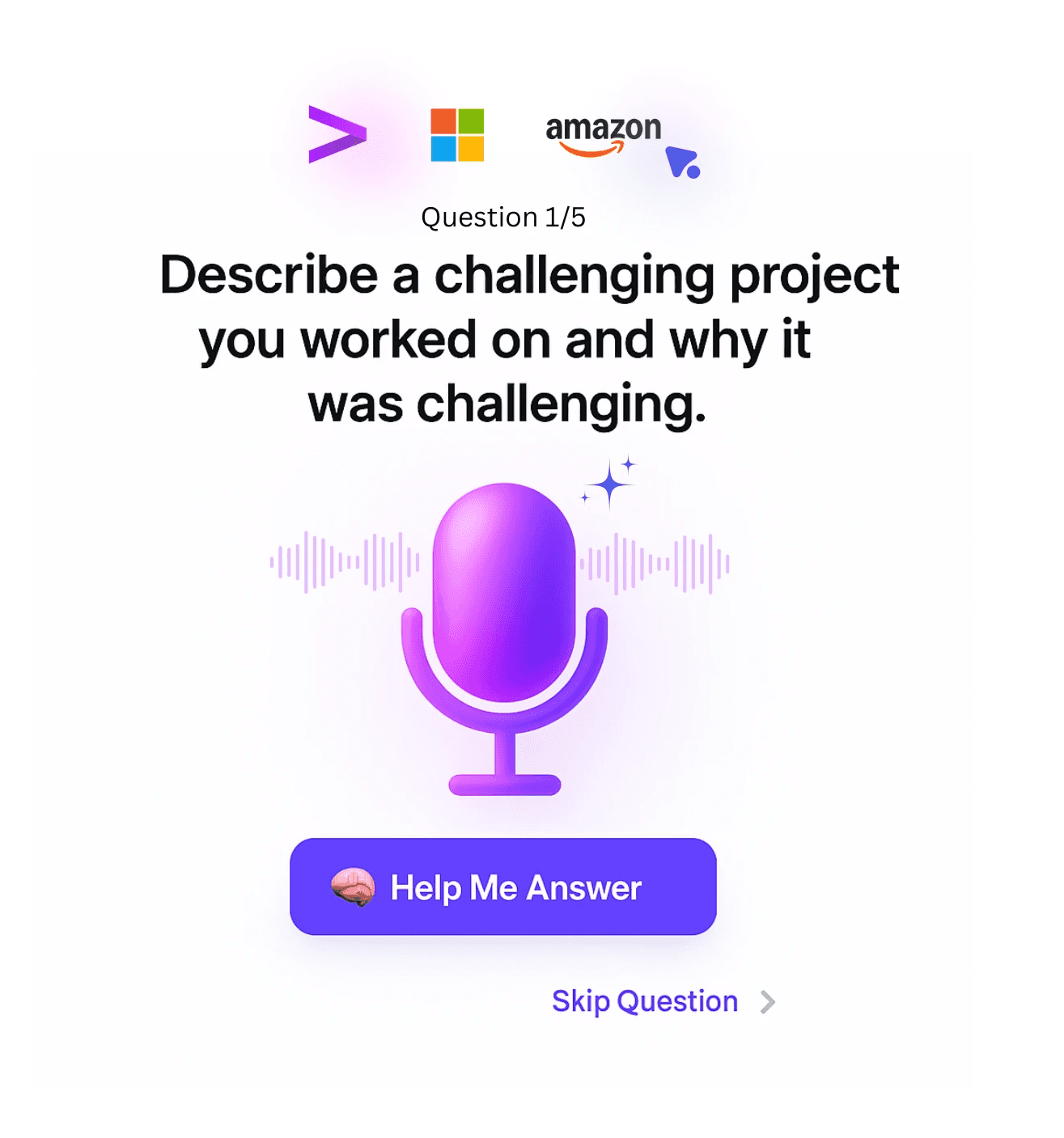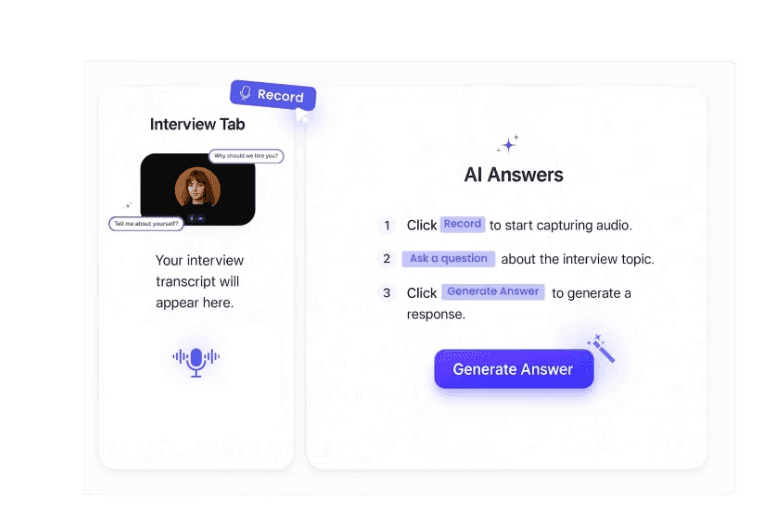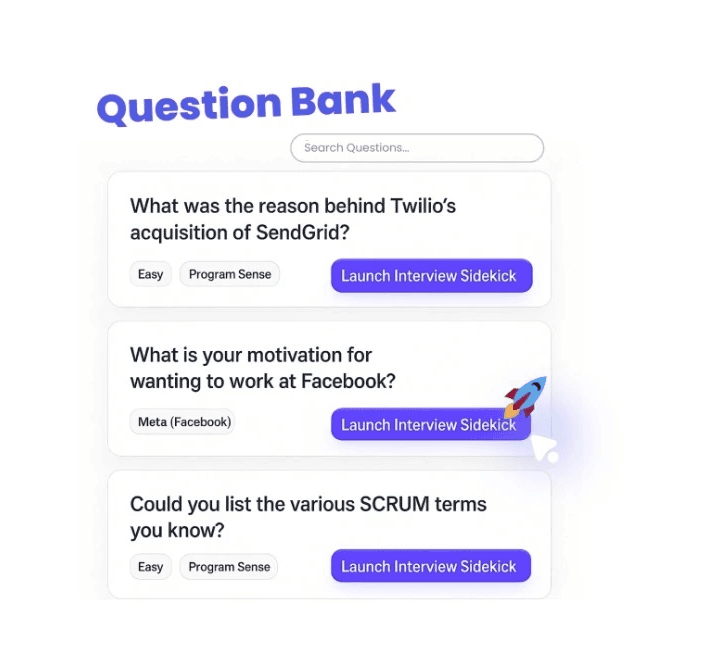The Ultimate Guide to Redux Interview Questions
Key Takeaway: Preparing for a Redux interview? Whether you're interviewing for a React role in the U.S., India, Canada, or working remotely worldwide, you'll need to demonstrate a solid grasp of Redux fundamentals — from actions and reducers to middleware and async flows. This guide walks you through the most commonly asked Redux interview questions, including real-world use cases and performance tips. Plus, with Interview Sidekick’s interactive coding prep, you can practice Redux scenarios in a live environment and get instant feedback to level up your interview performance.
Why Redux Interview Questions Are About More Than State Management
If you're interviewing for a front-end, full-stack, or React developer role, Redux interview questions are almost guaranteed. Redux is one of the most widely adopted state management libraries in the React ecosystem. But interviewers want more than textbook definitions—they’re testing how you think, how you debug, and how you scale.
In this guide, we cover essential Redux interview questions, real-world STAR-based examples, and actionable tips from Interview Sidekick to help you stand out.
What Hiring Managers Look for in Redux Interview Questions

Can you manage state predictably and at scale?
Do you understand how Redux integrates with React and other tools?
Can you debug a Redux-based architecture?
How do you handle asynchronous logic with Redux?
Can you balance technical purity with practical decision-making?
Core Redux Interview Questions and Answers
1. What is Redux and why is it used?
"Redux is a predictable state container for JavaScript applications. It centralizes application state and logic, making state changes traceable and debugging easier, especially in larger apps."
2. What are the core principles of Redux?
Single source of truth — The state is stored in one central object.
State is read-only — State can only be changed by dispatching actions.
Changes are made with pure functions — Reducers specify how the state updates in response to actions.
3. What is an action in Redux?
"An action is a plain JavaScript object with a type property (and optionally a payload) that describes an event or intent. It’s dispatched to update the state via reducers."
4. What is a reducer?
"A reducer is a pure function that takes the current state and an action, then returns a new state based on the action type."
5. How is Redux different from React’s Context API?
"Redux provides more structure, middleware support, and devtools. Context is better for simple, shallow data sharing like themes or auth. Redux is suited for larger, more complex applications."
Scenario-Based Redux Interview Questions Using STAR Method
Question: Tell me about a time you debugged a Redux-related issue in production.
Sample STAR Answer:
"While maintaining an e-commerce dashboard (Situation), we noticed cart items were disappearing on page reload (Task). I traced the issue to the Redux store not being persisted between sessions (Action). I implemented redux-persist and synced the cart state with localStorage while ensuring sensitive data was excluded (Result). The issue was resolved and conversion rates stabilized."
Question: Describe a time you optimized Redux for performance.
Sample STAR Answer:
"In a job portal app (Situation), rendering delays occurred when filters were updated (Task). I used memoization with
reselectand split the reducers to reduce unnecessary re-renders (Action). The result was a 40% improvement in render performance and a smoother UX (Result)."
Advanced Redux Interview Questions
1. What is middleware in Redux?
"Middleware sits between dispatching an action and the reducer. It’s used for logging, crash reporting, and async flows (like redux-thunk or redux-saga)."
2. How do you handle asynchronous operations in Redux?
"Common solutions include redux-thunk for handling logic in action creators, and redux-saga for more complex asynchronous workflows using generator functions."
3. What is reselect and why is it useful?
"reselect is a library for creating memoized selectors. It helps avoid unnecessary re-renders by caching derived data."
4. How do you scale a Redux app?
"Use feature-based folder structures, normalize your state (e.g., via normalizr), split reducers, and adopt modular middlewares. Use Redux Toolkit to simplify boilerplate."
Soft Skill Questions Related to Redux Workflows
Even in technical interviews, your communication and collaboration skills matter. Expect questions like:
How do you explain Redux to someone new to React?
How do you document Redux flows for other developers?
Describe a time you helped refactor legacy Redux code.
Use STAR to show not just your coding skills, but how you align with teams and long-term architecture decisions.
Interview Sidekick Tips for Mastering Redux Interview Questions
Build a demo project using Redux Toolkit and host it on GitHub.
Prepare 3–4 STAR stories that touch on debugging, performance, async logic, and code organization.
Practice drawing state flows or action lifecycles during technical rounds.
Stay updated with best practices like using
createSlice, Immer, and Redux Toolkit Query.Use Interview Sidekick to simulate behavioral + technical Redux questions and get live feedback.
Final Thoughts: Master Redux Interview Questions With STAR Strategy
Redux is about more than code—it's about managing complexity, communicating clearly, and adapting your patterns as teams and apps grow.
By mastering Redux interview questions with structured STAR answers and real project experience, you'll stand out as someone who doesn’t just understand Redux—but makes it work at scale.
For more React ecosystem interview guides, project templates, and personalized coaching, visit Interview Sidekick.









